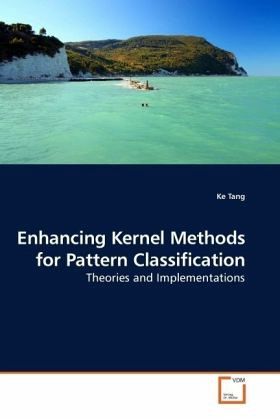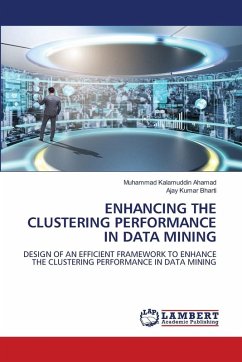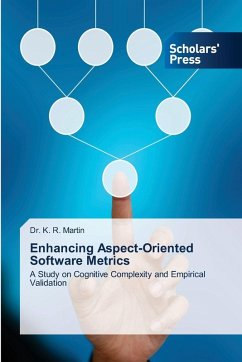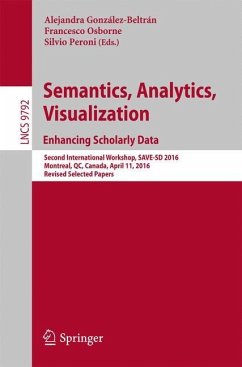
Enhancing Kernel Methods for Pattern Classification
Theories and Implementations
Versandkostenfrei!
Versandfertig in 6-10 Tagen
39,99 €
inkl. MwSt.

PAYBACK Punkte
20 °P sammeln!
Kernel methods are a new family of techniques with sound theoretical grounds. They have been shown to be powerful approaches to pattern classification problems. However, many of the newly created kernel methods are far from perfect, andextensions and improvements are always required to make them even more effective. This book investigates one important class of the kernel methods, the least square support vector machines (LS-SVM), and enhances its performance extensively. In particular, the LS-SVM is enhanced in the contexts of four sub-problems related to solving the pattern classification pr...
Kernel methods are a new family of techniques
with sound theoretical grounds. They
have been shown to be powerful approaches to pattern
classification problems. However, many of the newly
created kernel methods are far from perfect, and
extensions and improvements are always required to
make them even more effective. This book
investigates one important class of the kernel
methods, the least square support vector
machines (LS-SVM), and enhances its
performance extensively. In particular, the LS-SVM
is enhanced in the contexts of four sub-problems
related to solving the pattern classification
problem. That is, model selection, feature
selection, building sparse kernel classifier and
kernel classifier ensemble. The LS-SVM can be
regarded as a representative of many other kernel
methods, and thus many ideas presented in this book
can be easily extended to enhance performance of
those related kernel methods. The results obtained
should be useful to professionals that work on the
theoretical aspects of kernel methods, or anyone
else who may be considering ustilizing kernel
methods for real-world pattern classification
problems.
with sound theoretical grounds. They
have been shown to be powerful approaches to pattern
classification problems. However, many of the newly
created kernel methods are far from perfect, and
extensions and improvements are always required to
make them even more effective. This book
investigates one important class of the kernel
methods, the least square support vector
machines (LS-SVM), and enhances its
performance extensively. In particular, the LS-SVM
is enhanced in the contexts of four sub-problems
related to solving the pattern classification
problem. That is, model selection, feature
selection, building sparse kernel classifier and
kernel classifier ensemble. The LS-SVM can be
regarded as a representative of many other kernel
methods, and thus many ideas presented in this book
can be easily extended to enhance performance of
those related kernel methods. The results obtained
should be useful to professionals that work on the
theoretical aspects of kernel methods, or anyone
else who may be considering ustilizing kernel
methods for real-world pattern classification
problems.












